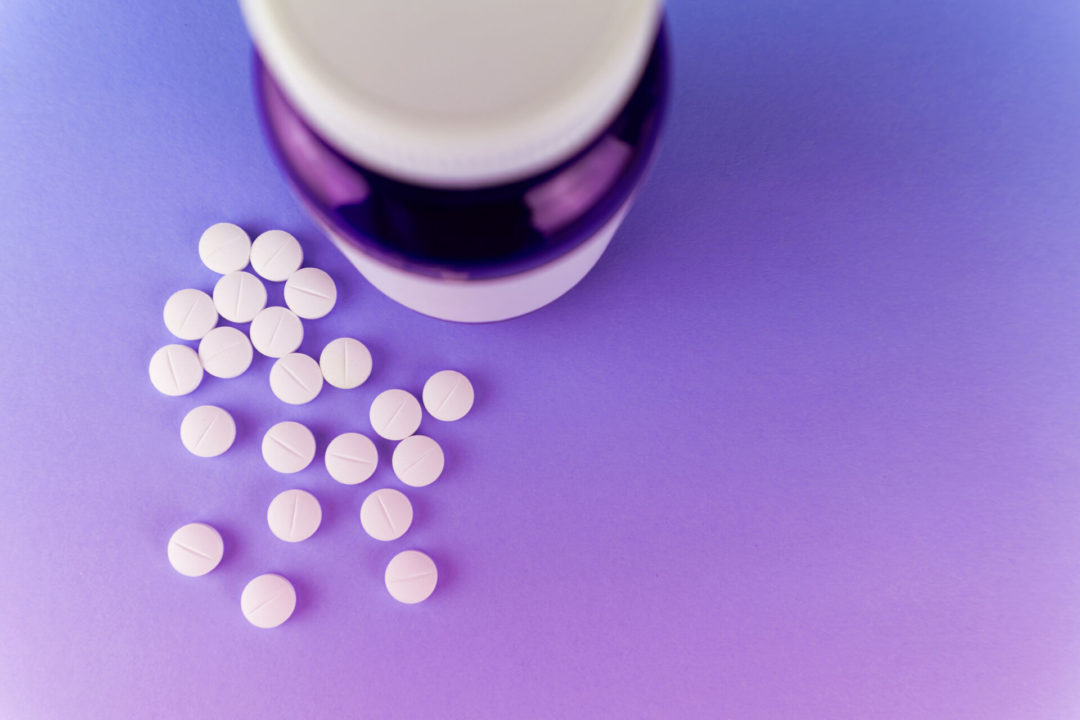- During 2012–2021, the annual number of pediatric ingestions of melatonin increased 530% (a total of 260,435 ingestions reported)
- Pediatric hospitalizations and more serious outcomes also increased, primarily because of an increase in unintentional melatonin ingestions in children aged ≤5 years.
- In 2020, melatonin became the most frequently ingested substance among children reported to national poison control centers.
CRN Responds to Inaccurate Headlines
The negative media coverage prompted the theCouncil for Responsible Nutrition(CRN) to a statement in response to articles falsely reporting on the CDC.“As a toxicologist, I am disturbed by recent headlines claiming melatonin ‘poisoning’ in children rose 530% in 10 years—that is simply inaccurate," stated CRN's Andrea Wong, Ph.D., Senior Vice President, Scientific & Regulatory Affairs. "These news stories grossly misrepresent the CDC investigation and raise undue alarm.
“When a parent calls a poison control center about their child possibly ingesting a substance, that call gets counted as an ingestion report regardless of the medical outcome. The mere act of calling a poison control center to inquire about accidental ingestion does not mean that a poisoning or other adverse event occurred."
CRN Clarifies the CDC Findings on Melatonin
Dr. Wong offered clarity on the CDC data. She explained: "The CDC study shows 98% of the reports of melatonin ingestion had an outcome of no effect or minor effect, and the overwhelming majority of children (83%) were completely asymptomatic. For the few reports associated with an adverse outcome, it is not possible to confirm whether the outcomes were caused by melatonin ingestion since poison control data does not include patient medical records.“The fact is melatonin is a beneficial dietary supplement that helps to adjust our internal body clocks that regulate sleep and is safe when used as directed."
Melatonin Use on the Rise
CDC pointed to melatonin’s popularity as a reason for the increased pediatric exposure. “It is cost-effective and offers an OTC therapeutic alternative to enhance sleep without use of potentially habit-forming sedative-hypnotics,” theauthors noted. “Consequently, its use has increased in both adults and children. In addition, growth in the national melatonin market has occurred in response to public demand, with sales in the United States increasing by approximately 150% between 2016 and 2020. Increased sales, availability, and widespread use have likely resulted in increased access and exposure risk among children in the home.”CRN's Dr. Wong noted that news reporting on the increase in ingestion lacks context and misleads parents about potential dangers. "CRN’s own national consumer survey data reveals the number of Americans using melatonin more than doubled from 5% of adults in 2012 to 11% of adults in 2021. The CDC notes that the year of greatest increase in reports was between 2019 and 2020, when poison control center ingestion reports increased by 37.9%. During that same period, melatonin sales increased by close to 40%, according to two different industry reports. Unavoidably, more use means more possibilities for accidental ingestion.
“As a toxicologist—and a parent—I took two key points from the CDC research: First, parents should talk to their children’s healthcare providers about whether melatonin supplements may be helpful, the appropriate dose, and duration of use. Also, parents must remember to keep all supplements out of children’s reach and to follow the directions for use on the label.”










